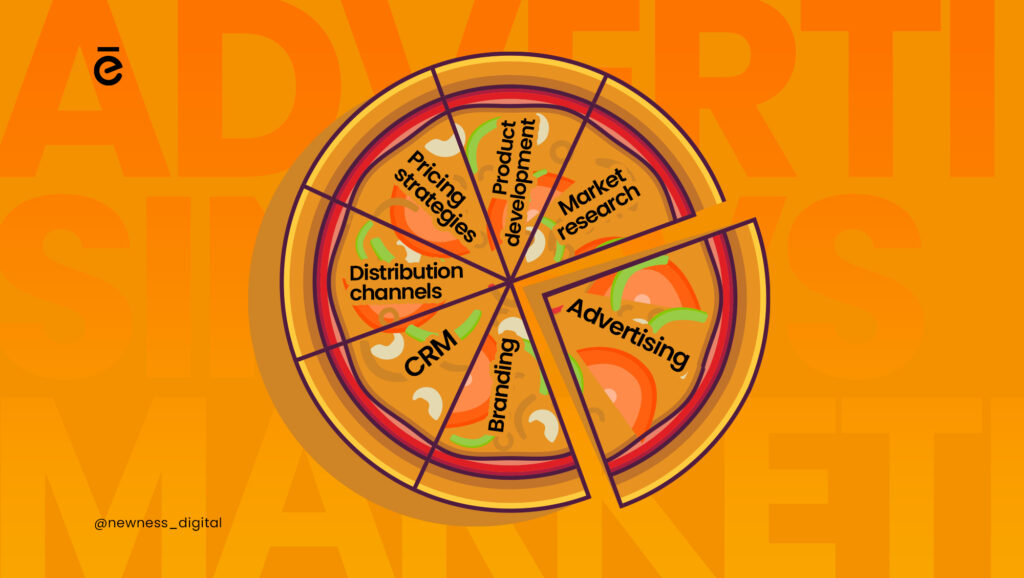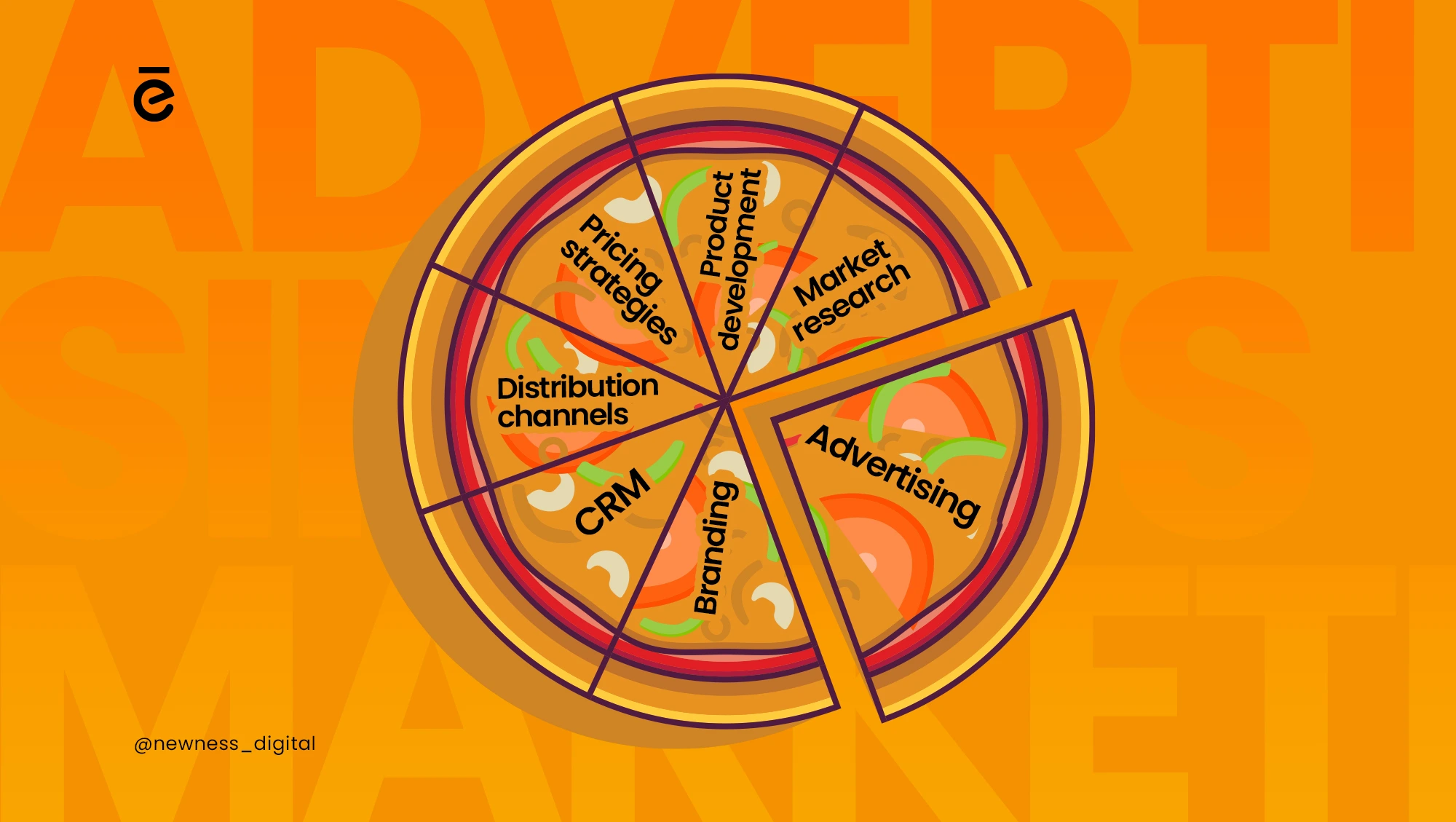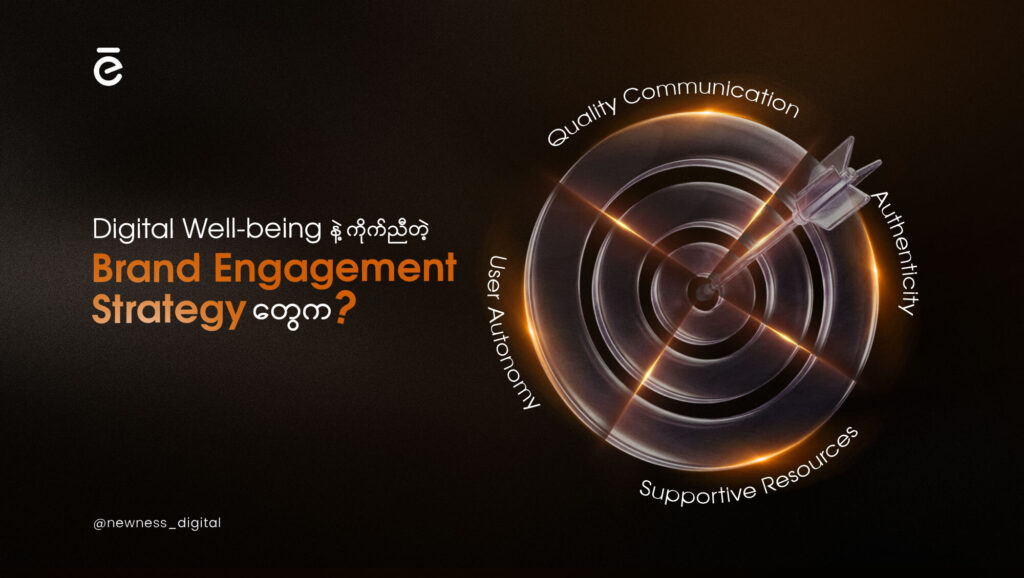As a business owner or aspiring entrepreneur, it’s crucial to understand the distinction between marketing and advertising. While these terms are often used interchangeably, they represent different aspects of promoting your business.
Marketing: The Big Picture
Marketing encompasses all activities that help you identify, attract, and retain customers. It’s a broad strategy that includes:
- Market research
- Product development
- Pricing strategies
- Distribution channels
- Customer relationship management
- Branding
- Advertising
Think of marketing as the overall gameplan for your business’s growth and customer engagement.
Advertising: A Piece of the Pizza
Advertising is a subset of marketing. It’s a specific tactic used to promote your products or services to potential customers. Advertising typically involves:
- Paid promotions
- Media placements (TV, radio, print, online)
- Direct outreach (email campaigns, flyers)
- Social media ads
Advertising aims to increase awareness and drive immediate action, such as making a purchase or signing up for a service.

Key Differences:
- Scope: Marketing is broader and long-term; advertising is narrower and often short-term.
- Goals: Marketing builds relationships; advertising drives specific actions.
- Measurement: Marketing success is measured by overall growth and customer loyalty; advertising success is often measured by immediate response and ROI.
Why Both Matter for Your Business:
Effective marketing ensures your business meets customer needs and stands out in the market. Good advertising helps you reach your target audience quickly and efficiently.
For best results, integrate both into your business strategy:
- Develop a comprehensive marketing plan that aligns with your business goals.
- Use advertising tactics to support your marketing objectives and reach specific audiences.
- Regularly assess and adjust both your marketing strategy and advertising campaigns based on results.
Remember, successful businesses don’t just sell products or services – they solve problems and fulfill needs. Use marketing to understand and connect with your customers, and leverage advertising to showcase how your offerings meet their demands.
Would you like me to elaborate on any specific aspect of marketing or advertising for your audience? Contact us : [email protected]




